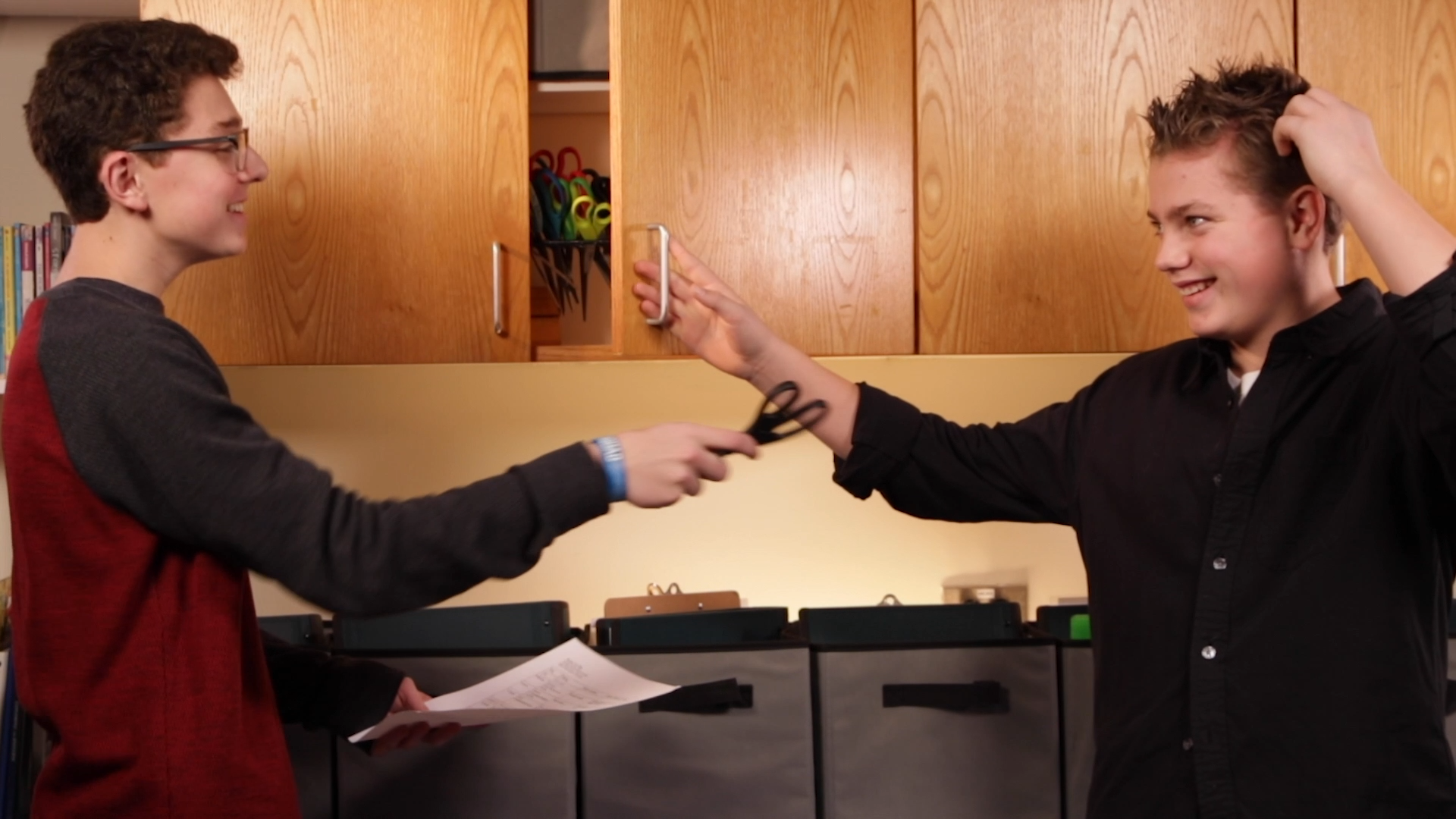Introduction
Understanding humor is an essential skill for building and maintaining relationships. It helps children connect with their peers and feel included in social groups. In this blog post, we will discuss the importance of humor comprehension in kindergarten students, introduce an easy-to-implement activity, and provide discussion questions to help educators facilitate the learning process. We will also explore related skills and encourage you to explore free sample materials to further support your students’ social-emotional development.
No-Prep Activity: Funny Faces
This simple activity requires no preparation or materials and encourages students to explore different types of humor through facial expressions. Here’s how it works:
- Have the students sit in a circle, with the teacher or a designated student in the center.
- The person in the center makes a funny face, trying to make the others laugh.
- Each student, in turn, tries to replicate the funny face, while the others observe and laugh.
- After everyone has had a turn, discuss the different types of humor displayed through the funny faces and how they elicited laughter.
This activity helps students recognize humor in non-verbal communication and understand how laughter can bring people closer together.
Discussion Questions
Use these questions to stimulate further discussions about understanding humor and its role in social interactions:
- Why is it important to understand when someone is trying to be funny?
- What are some ways we can show that we appreciate someone’s humor, even if we don’t find it funny?
- How can understanding different types of humor help us build better relationships with others?
- Can you think of a time when you didn’t understand someone’s joke? How did it make you feel?
- Why is it important to be sensitive to others’ feelings when using humor?
Related Skills
In addition to understanding humor, several other skills contribute to successful social-emotional development in kindergarten students. These include:
- Empathy: The ability to understand and share the feelings of others.
- Active Listening: Paying close attention to what others are saying, asking questions, and demonstrating understanding.
- Non-Verbal Communication: Interpreting and using facial expressions, body language, and gestures to convey messages and emotions.
- Conflict Resolution: The ability to identify and resolve disagreements in a respectful and constructive manner.
Next Steps
Teaching kindergarten students to understand humor is a crucial step in fostering healthy relationships and promoting social-emotional growth. To support your efforts, we encourage you to sign up for free samples of skill-building activities and resources at Everyday Speech. These materials will provide you with additional tools to help your students develop the essential skills they need to thrive in their social interactions.






